Ex-British FM: West has inflicted catastrophic damage on Afghanistan
Former British Foreign Secretary David Miliband says the West has inflicted catastrophic damage on Afghanistan and its own reputation by imposing a policy of starvation on the country.
Many of the US allies and Western governments have largely suspended their financial assistance to Afghanistan since the US troop withdrawal and the Taliban takeover last year, triggering the rapid collapse of public finances.
“What we are doing is not making it worse for the Taliban, it is making it worse for the people. We are not punishing the Taliban. It is ordinary Afghans that are paying the price of peace,” Miliband told British daily the Guardian on Sunday.
“It is not just a catastrophe of choice, but a catastrophe of reputation. This is a starvation policy," he added.
The Biden administration has frozen assets belonging to the Afghan Central Bank since the withdrawal of its occupation forces from the country in August 2021, spawning one of the world’s most rapidly growing humanitarian crises.
“If we wanted to create a failed state we could not have a more effective policy mix than the one we have at the moment,” Miliband said.
"The choice is a very brutal one. It is not ‘do you help the Taliban or not?’ It is “do you help the people or not?’. This is a government where already 75 percent of its spending came in the form of international aid and has gone overnight.”
Miliband stressed that the US sanctions have a “chilling effect” on the Afghan economy, and called on Washington for a change in the foreign policy.
He warned the crisis was so deep that the UN’s appeal for $4 billion this year was likely to rise to $10 billion next year.
“There is no money to pay salaries. Some teachers and hospital workers have not been paid since April. That has to change,” he said.
The White House announced last week that the US Treasury planned to use $7 billion of Afghan funds frozen in the US banks for compensation to the alleged families of the victims of the 9/11 attacks and humanitarian aid.
The decision prompted angry demonstrations in Afghanistan, where people rallied in the streets, chanting slogans and carrying placards reading "Stop Enmity with the Afghan People" and "9/11 Has Nothing to Do with the Afghan People".
“In these tragic circumstances you can give more aid until you are blue in the face, and it will not solve the structural problems. I am in the ridiculous position of running an aid agency and I am saying ‘don’t just give out humanitarian aid, you have to underpin the economy’,” said Miliband who is chief executive of the International Rescue Committee.
He said the alleged carve-outs in US and international sanctions for humanitarian purposes “do not touch commercial entities so if you are a private agricultural or food importer who has to touch the government at the border in some way you are scared you are going to get caught up in the sanctions.”
The UK official’s scathing comments comes after the UN aid agencies described the country’s situation as one of the world’s most rapidly growing humanitarian crises.
According to the UN humanitarian coordination office, half the population is now battling acute hunger, and over nine million people have been displaced.
The fact that Afghanistan’s assets worth billions of dollars have been frozen by the US and its allies has only compounded the misery of the war-weary Afghans.
The interim government of Taliban has repeatedly called for the release of frozen assets, but Washington has continued to rebuff the calls.
The group has warned Western diplomats that insisting on sanctions as a means to pressure their governance could undermine security and trigger a wave of economic refugees.
Hamas thanks Iran, Resistance Front following achievement of ceasefire in Gaza
'Capitulation': Israeli officials and media concede Gaza defeat as truce unfolds
'Gaza has won': Social media users react to ceasefire with mix of relief, joy
Iran seeks South Korea’s assistance for AI, fiber-optic projects
VIDEO | Iran's 'Eqtedar' (Power) maneuver
Israel hits HTS military target in Syria for 1st time since fall of Assad
VIDEO | Press TV's news headlines
Israel has slaughtered 13,000 students in Gaza, West Bank


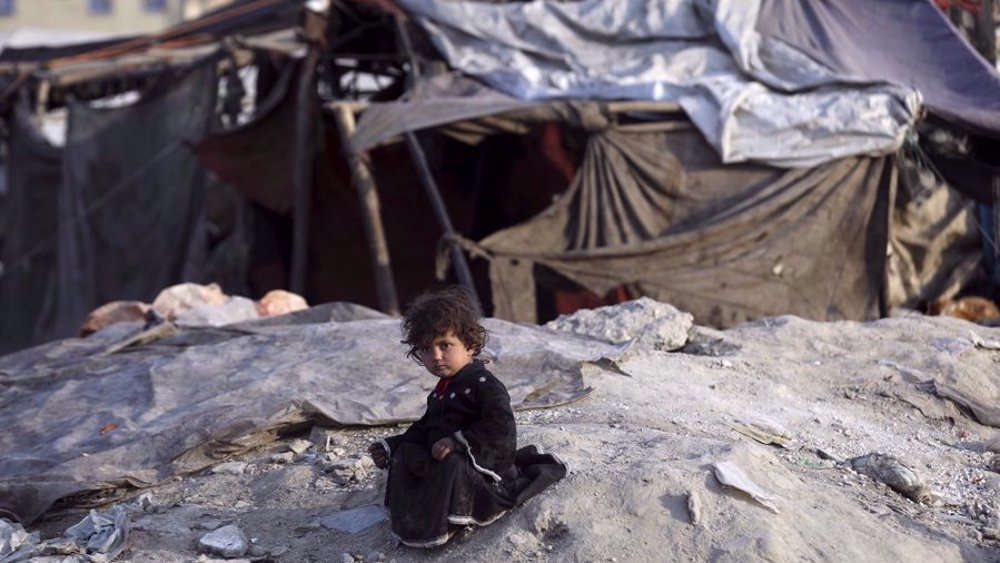
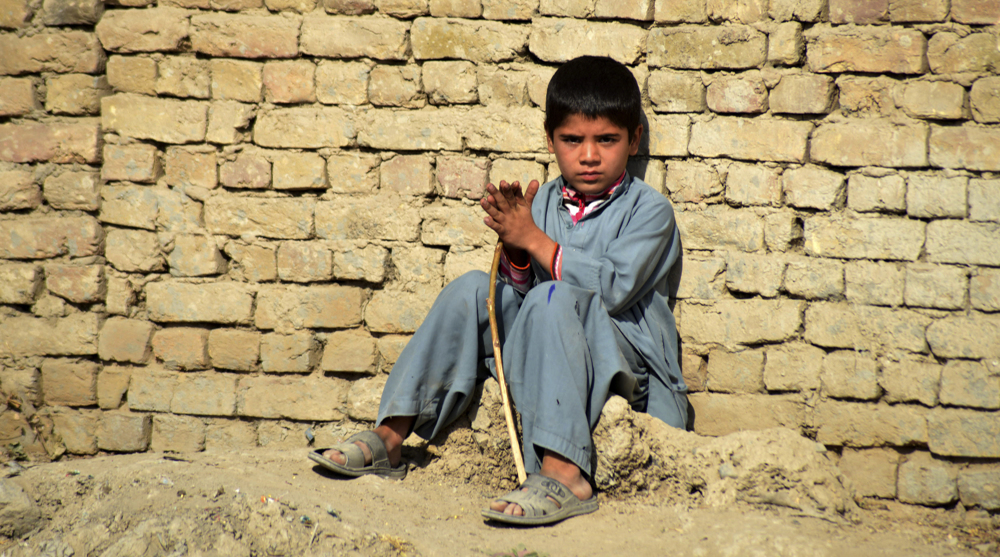
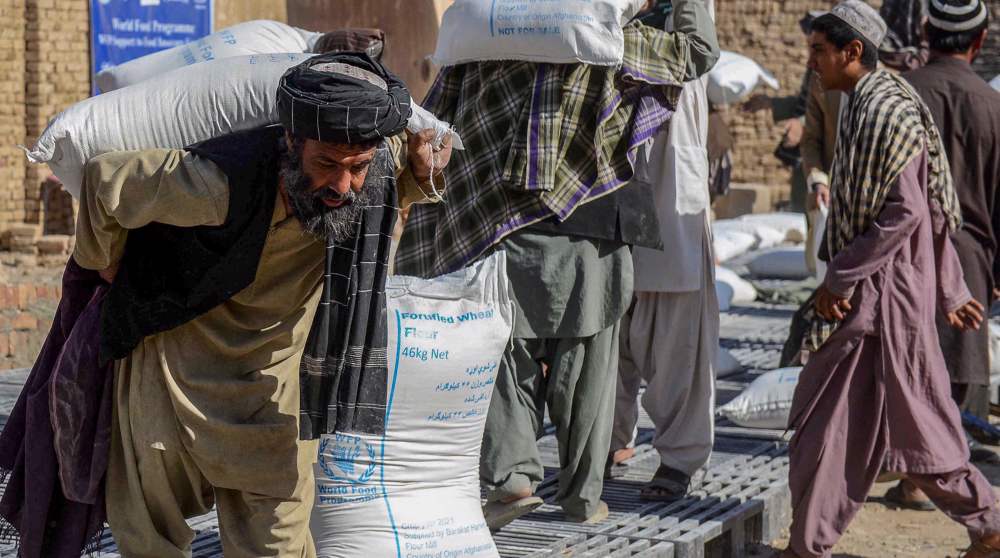
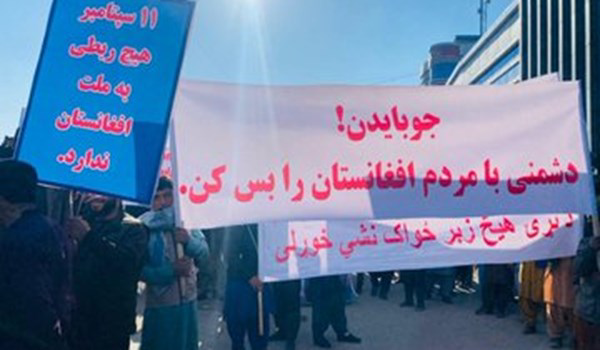
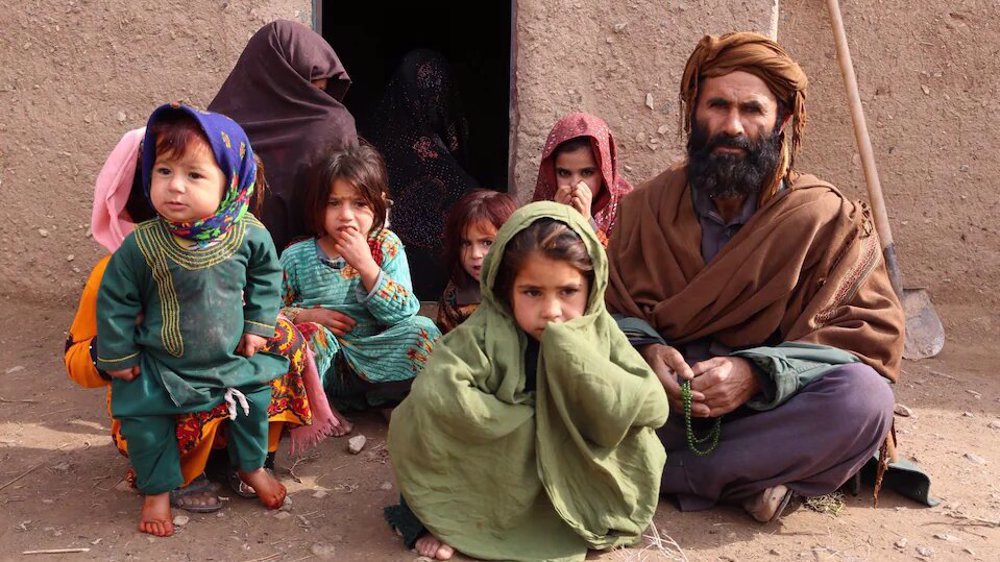

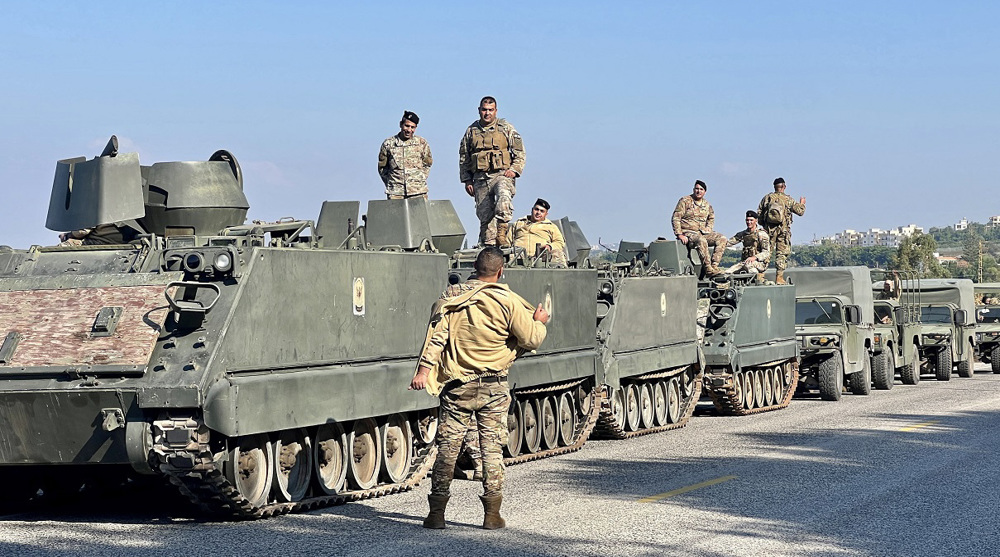
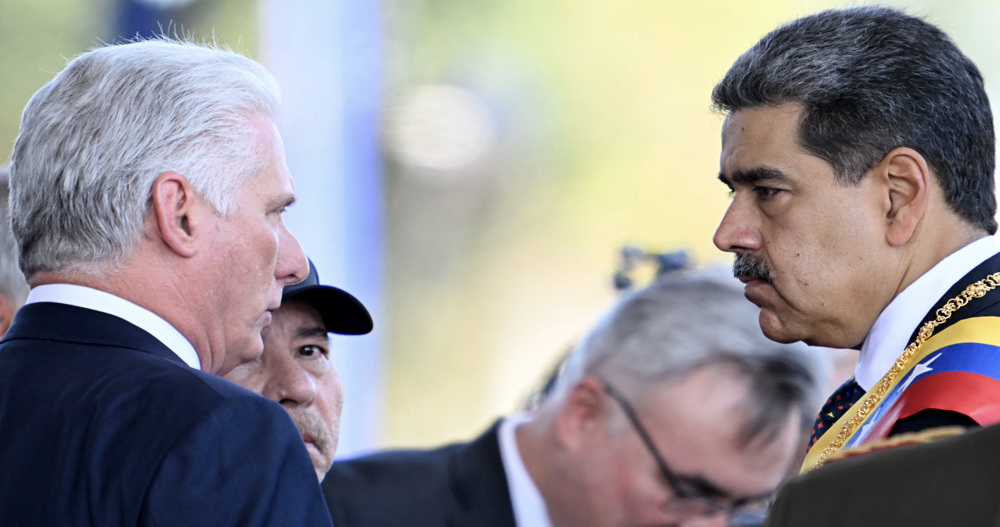




 This makes it easy to access the Press TV website
This makes it easy to access the Press TV website